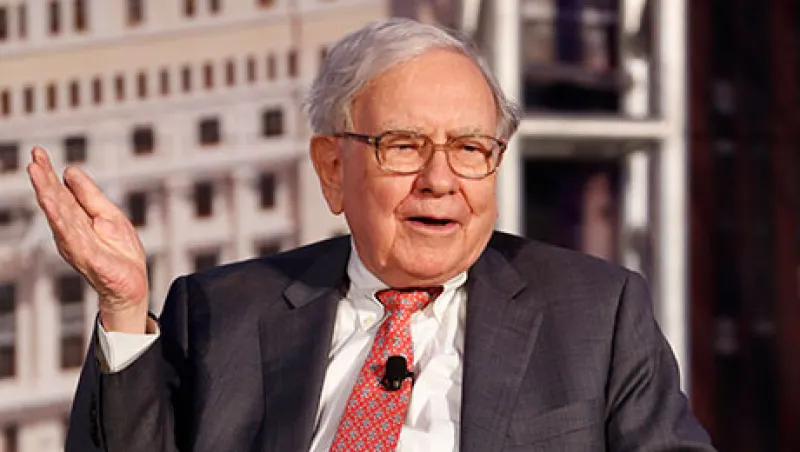
Can Warren Buffett Stay on Top in $1 Million Investment Bet?
Losing a decadelong wager in which Buffett has challenged hedge funds to beat the S&P 500, Protégé Partners could gain ground this year.
Georgina Hurst
February 21, 2015


